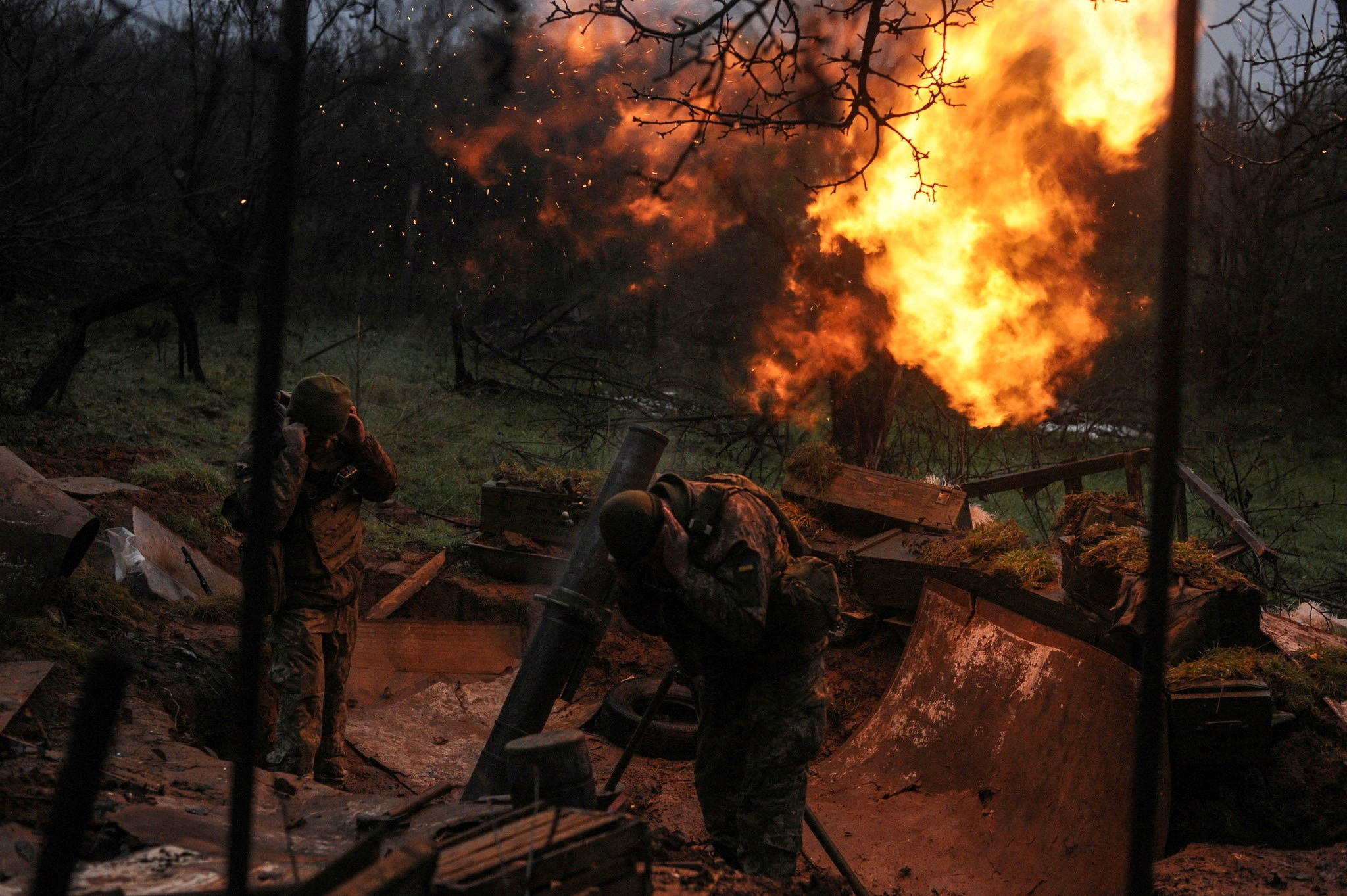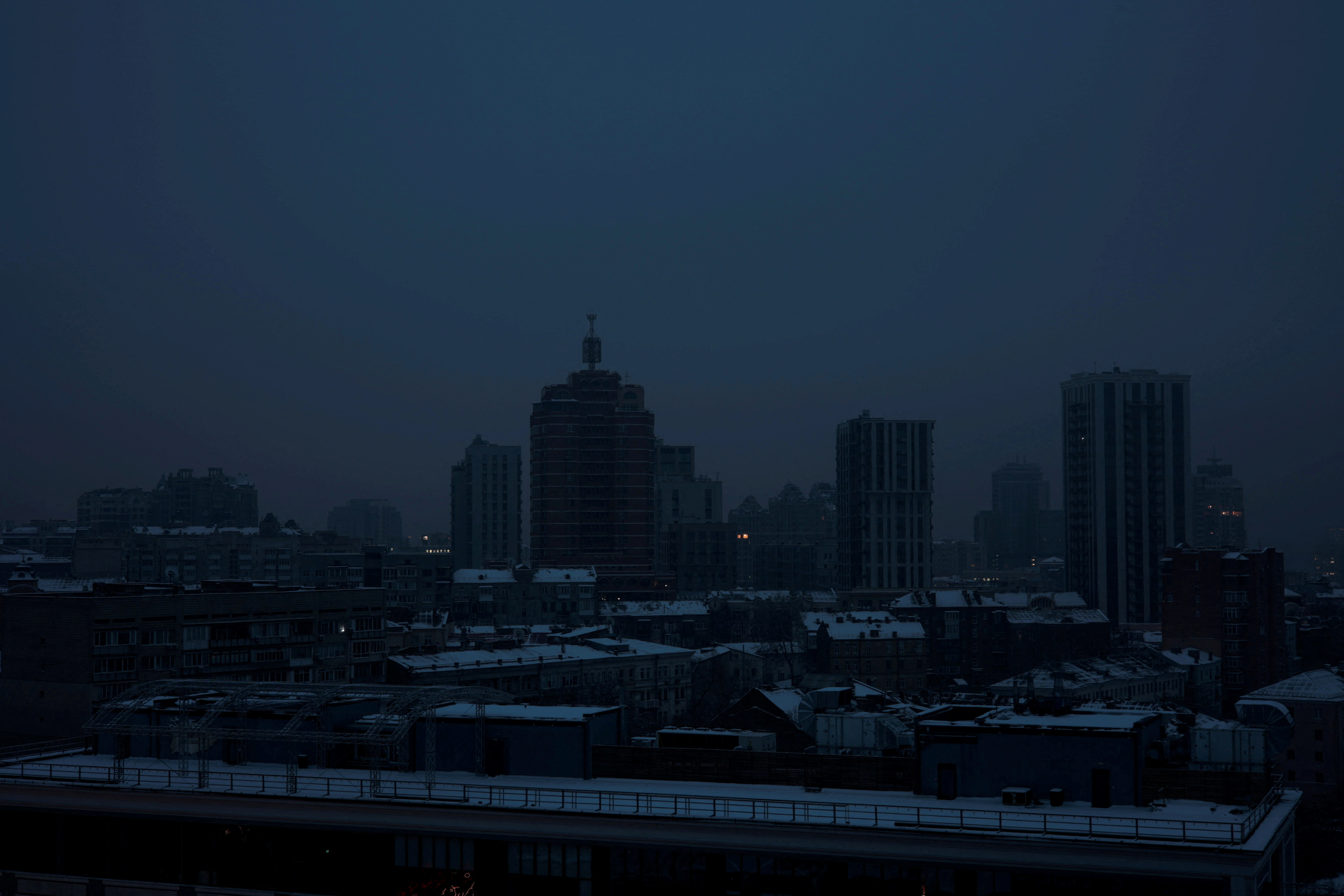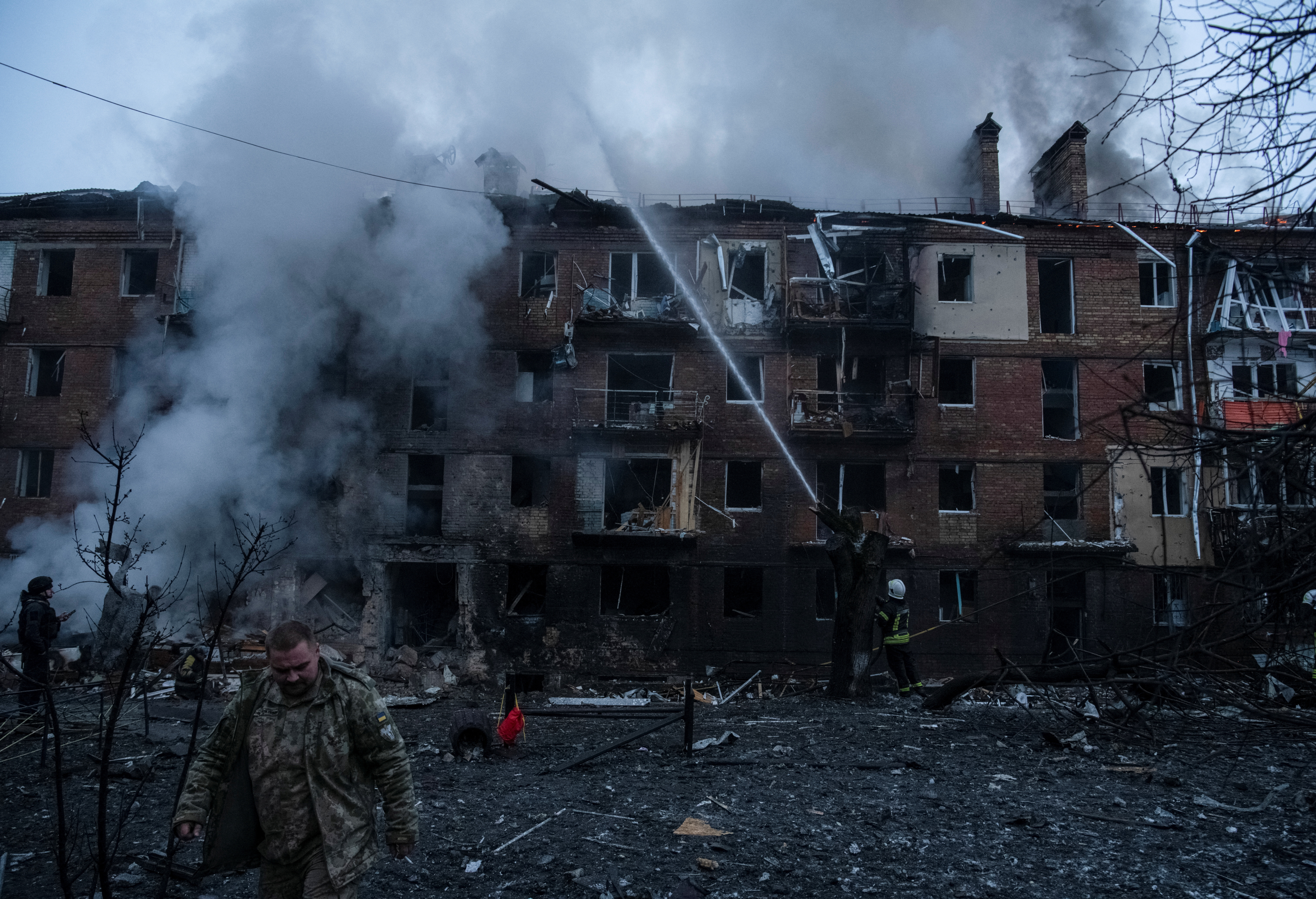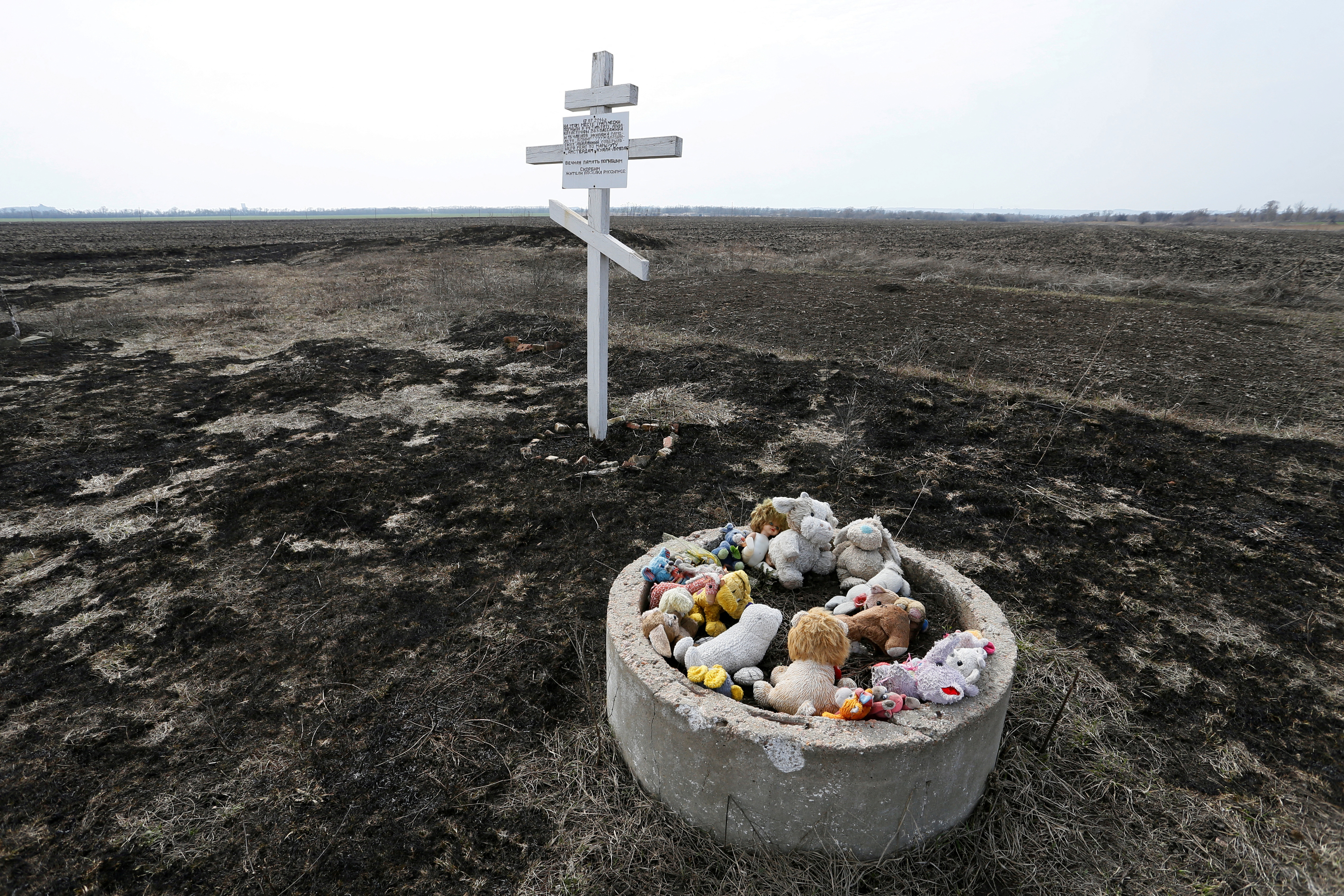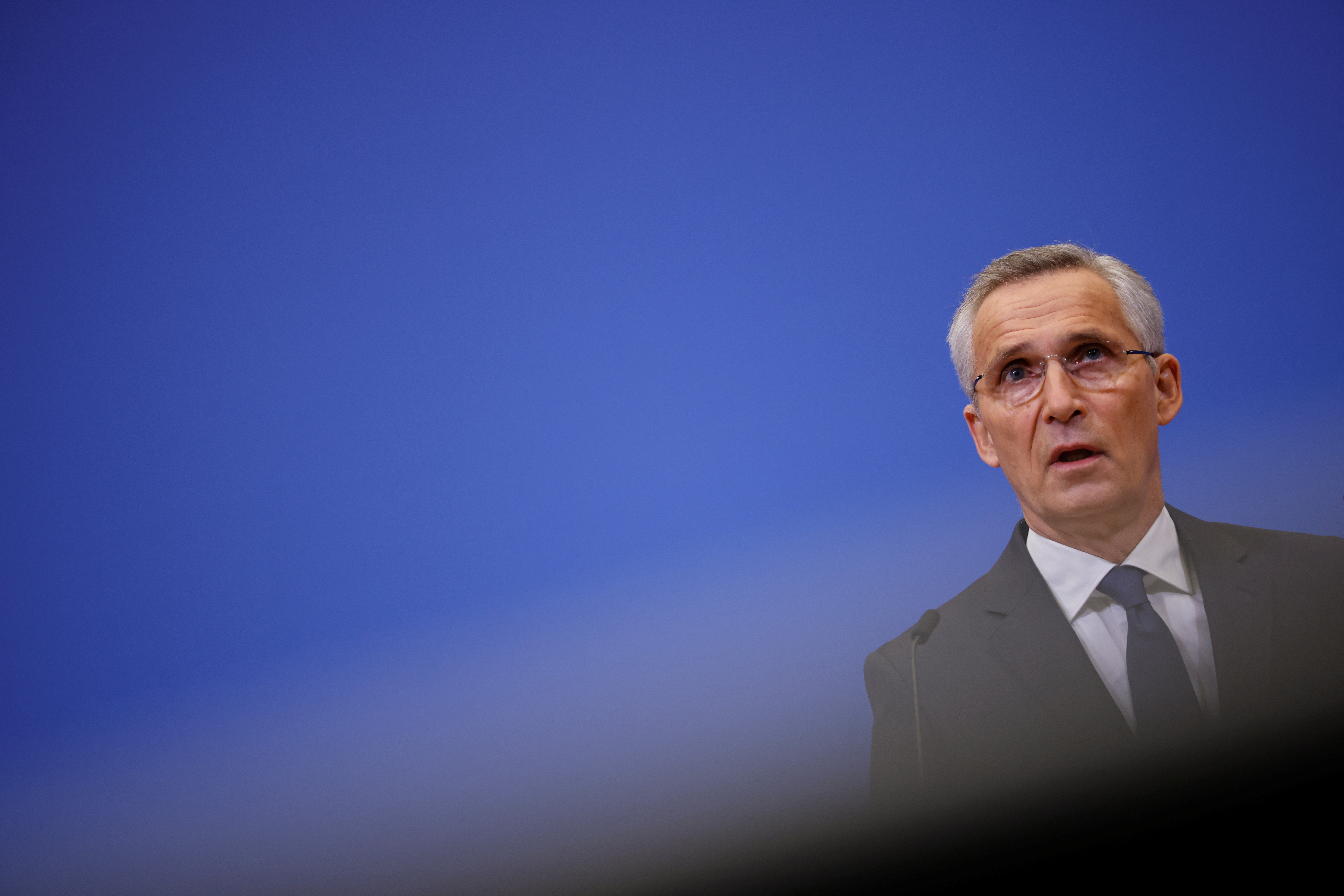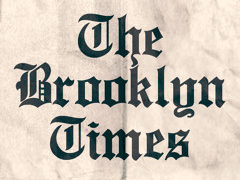NEW YORK (AP) — After being arrested for creating antigovernment propaganda in 2010, the Iranian director Jafar Panahi was banned from making films for 20 years. Since then, he’s made five widely acclaimed features.
His latest, “No Bears,” opens soon in U.S. theaters while Panahi is in prison.
In July, Panahi went to the Tehran prosecutor’s office to inquire about the arrest of Mohammad Rasoulof, a filmmaker detained in the government’s crackdown on protests. Panahi himself was arrested and, on a decade-old charge, sentenced to six years in jail.
Panahi’s films, made in Iran without government approval, are sly feats of artistic resistance. He plays himself in meta self-portraitures that clandestinely capture the mechanics of Iranian society with a humanity both playful and devastating. Panahi made “This is Not a Film” in his apartment. “Taxi” was shot almost entirely inside a car, with a smiling Panahi playing the driver and picking up passengers along the way.
In “No Bears,” Panahi plays a fictionalized version of himself while making a film in a rural town along the Iran-Turkey border. It’s one of the most acclaimed films of the year. The New York Times and The Associated Press named it one of the top 10 films of the year. Film critic Justin Chang of The Los Angeles Times called “No Bears” 2022’s best movie.
“No Bears” is landing at a time when the Iranian film community is increasingly ensnarled in a harsh government crackdown. A week after “No Bears” premiered at the Venice Film Festival, with Panahi already behind bars, 22-year-old Mahsa Amini died while being held by Iran’s morality police. Her death sparked three months of women-led protests, still ongoing, that have rocked Iran’s theocracy.
More than 500 protesters have been killed in the crackdown since Sept. 17, according to the group Human Rights Activists in Iran. More than 18,200 people have been detained.
On Saturday, the prominent Iranian actress Taraneh Alidoosti, star of Asghar Farhadi’s Oscar-winning “The Salesman,” was arrested after posting an Instagram message expressing solidarity with a man recently executed for crimes allegedly committed during the protests.
In the outcry that followed Alidoosti’s arrest, Farhadi — the director of “A Separation” and “A Hero” — called for Alidoosti’s release “alongside that of my other fellow cineastes Jafar Panahi and Mohammad Rasoulof and all the other less-known prisoners whose only crime is the attempt for a better life.”
“If showing such support is a crime, then tens of millions of people of this land are criminals,” Farhadi wrote on Instagram.
Panahi’s absence has been acutely felt on the world’s top movie stages. At Venice, where “No Bears” was given a special jury prize, a red-carpet walkout was staged at the film’s premiere. Festival director Alberto Barbera and jury president Julianne Moore were among the throngs silently protesting the imprisonment of Panahi and other filmmakers.
“No Bears” will also again test a long-criticized Academy Awards policy. Submissions for the Oscars’ best international film category are made only by a country’s government. Critics have said that allows authoritative regimes to dictate which films compete for the sought-after prize.
Arthouse distributors Sideshow and Janus Films, which helped lead Ryusuke Hamaguchi’s Japanese drama “Drive My Car” to four Oscar nominations a year ago, acquired “No Bears” with the hope that its merit and Panahi’s cause would outshine that restriction.
“He puts himself at risk every time he does something like this,” says Jonathan Sehring, Sideshow founder and a veteran independent film executive. “When you have regimes that won’t even let a filmmaker make a movie and in spite of it they do, it’s inspiring.”
“We knew it wasn’t going to be the Iranian submission, obviously,” adds Serling. “But we wanted to position Jafar as a potential best director, best screenplay, a number of different categories. And we also believe the film can work theatrically.”
The Academy of Motion Pictures Arts and Sciences declined to comment on possible reforms to the international film category. Among the 15 shortlisted films for the award announced Wednesday was the Danish entry “Holy Spider,” set in Iran. After Iranian authorities declined to authorize it, director Ali Abbasi shot the film, based on real-life serial killings, in Jordan.
“No Bears” opens in New York on Dec. 23 and Los Angeles on Jan. 10 before rolling out nationally.
In it, Panahi rents an apartment from which he, with a fitful internet signal, directs a film with the help of assistants. Their handing off cameras and memory cards gives, perhaps, an illuminating window into how Panahi has worked under government restrictions. In “No Bears,” he comes under increasing pressure from village authorities who believe he’s accidentally captured a compromising image.
“It’s not easy to make a movie to begin with, but to make it secretly is very difficult, especially in Iran where a totalitarian government with such tight control over the country and spies everywhere,” says Iranian film scholar and documentarian Jamsheed Akrami-Ghorveh. “It’s really a triumph. I can’t compare him with any other filmmaker.”
In one of the film’s most moving scenes, Panahi stands along the border at night. Gazing at the lights in the distance, he contemplates crossing it — a life in exile that Panahi in real life steadfastly refused to ever adopt.
Some aspects of the film are incredibly close to reality. Parts of “No Bears” were shot in Turkey just like the film within the film. In Turkey, an Iranian couple (played by Mina Kavani and Bakhiyar Panjeei) are trying to obtain stolen passports to reach Europe.
Kavani herself has been living in exile for the last seven years. She starred in Sepideh Farsi’s 2014 romance “Red Rose.” When nudity in the film led to media harassment, Kavani chose to live in Paris. Kavani was struck by the profound irony of Panahi directing her by video chat from over the border.
“This is the genius of his art. The idea that we were both in exile but on a different side was magic,” says Kavani. “He was the first person that talked about that, what’s happening to exiled Iranian people outside of Iran. This is very interesting to me, that he is in exile in his own country, but he’s talking about those who left his country.”
Many of Panahi’s colleagues imagine that even in his jail cell, Panahi is probably thinking through his next film — whether he ever gets to make it or not. When “No Bears” played at the New York Film Festival, Kavani read a statement from Panahi.
“The history of Iranian cinema witnesses the constant and active presence of independent directors who have struggled to push back censorship and to ensure the survival of this art,” it said. “While on this path, some were banned from making films, others were forced into exile or reduced to isolation. And yet, the hope of creating again is a reason for existence. No matter where, when, or under what circumstances, an independent filmmaker is either creating or thinking.”
___
Follow AP Film Writer Jake Coyle on Twitter at: http://twitter.com/jakecoyleAP
